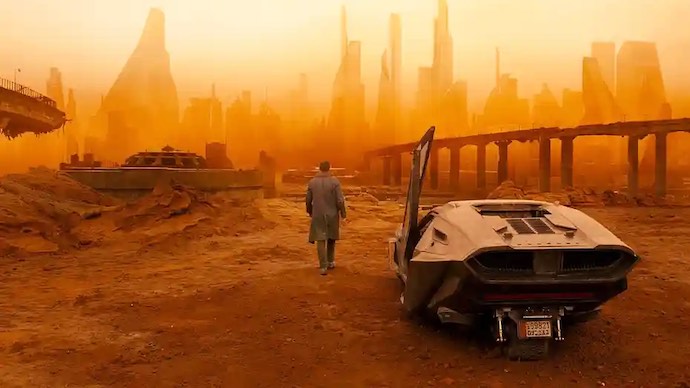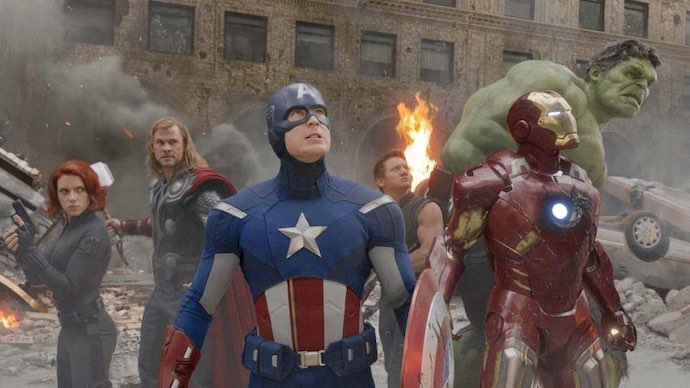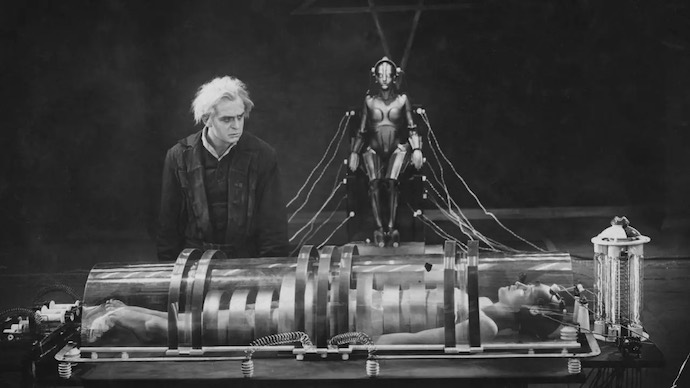Take some time to pore over any list of highest-grossing movies and you'll notice a trend: most of the movies on that list that came out in the last decade or two are rooted in the sci-fi genre.
Comic book movies, space movies, dystopian futures, dinosaurs brought back to life—they're all related to the sci-fi genre. And is it really a surprise? One of the appeals of cinema is being able to experience stories that just aren't possible in the real world.
But hasn't that always been true? We've always wanted to hear, see, and experience characters and virgin worlds waiting to be discovered. Then why is the trend in sci-fi movie popularity so specifically recent?
Here's our take on why sci-fi movies are so popular in modern cinema, and the reasons aren't always obvious.
1. Escapism From Real Life

When we sit in a dark theater—whether that's a brick-and-mortar cinema or a dedicated home media center—that one feeling begins to creep in. It's slow, it's invisible, but before you know it, you're sucked in.
You find yourself lost in the story for the remainder of the film. For the next 90 to 120 minutes, there's no outside world anymore. All that remains is the world on the screen.
Stories are ultimately escapism. They take us away from the real world and bring us into a fictional one, and that escape is valuable. That's why people are willing to pay for it, and the reason why streaming services like Netflix are so popular across demographics.
With the sci-fi genre being the one furthest away from reality, that kind of removal from everyday mundanity is exactly what compells people to watch. We don't know what it's like to be swinging around like Spider-Man, or hunting for Replicants in dystopian Los Angeles.
Cinema helps us do that. The fascination with different places and impossible concepts make for great stories—and in the modern era of cinema, sci-fi stories are the purest form of escapism.
2. Unlimited Imagination

Advancements in filmmaking technology have allowed filmmakers to push boundaries beyond anything before. They no longer have to rely on miniatures and makeup alone to pull off physics-defying sequences that require heavy visual effects work.
As visual effects continue to bring more realistic effects to the screen, the limitations of filmmaking technology disappear.
For example, Industry Light & Magic's new StageCraft technique has revolutionized what actors and filmmakers can see when they're building virtual sets—and it's been hailed as the next era in VFX.
Given how modern films look so great on the big screen, to the point that audiences often don't realize they're even looking at CGI, it's opened up all kinds of possibilities for sci-fi cinema unlike ever before.
3. The Era of Superheroes

Science fiction is a broad term. One that, when boiled down to its very essence, can describe pretty much anything fictional as long as it's explained in a way that sounds scientific. In that case, superheroes definitely fit the mold—just ask Iron Man, Batman, etc.
The advent of 21st century superhero movies has driven the box office to heights never seen before—not just in terms of sheer dollar amounts, but the reliable consistency to which people watch them.
Some have lamented the current era of superhero movies, since it has driven studios to prioritize these types of movies over everything else. And it's true that certain areas of cinema now suffer for it in the long-term. But the fact remains: superhero movies are profitable.
People want to see their favorite characters come to life on the big screen, and these characters have come to define parts of pop culture all around the world, hooking in people across generations.
4. Epic Scope and Scale

Ever since Fritz Lang came to the fore with Metropolis, sci-fi films have had a sense of scale that few other genres can match.
The epic size of these worlds built around characters and stories—even ones as "mundane" as dystopian Los Angeles in Blade Runner—is part of the story all to themselves. And as sci-fi grew more widely favored, studios have increasingly commited to larger production budgets.
Adventure epics like Lawrence of Arabia were iconic in their time, but now films like Avengers: Endgame and Interstellar have proven able to achieve a greater degree of scope and even greater financial success.
5. Legitimization of a Subculture

For decades, people who enjoyed the explorations of science fiction—whether via comic books or novels or cheesy low-budget TV shows—were often ridiculed by adults for liking "childish" things.
Over time, the culture surrounding comic books and novels and all things science fiction has shifted. Even the stories that entertained us as children are still entertaining today on the big screen, with characters like Deadpool being targeted at older audiences.
Sci-fi culture is now legitimate. It's a thing of its own, and it's no longer ridiculed. In fact, science fiction is pretty cool.
The way the filmmakers have told sci-fi stories throughout cinematic history has led it to this moment, where sci-fi is the mainstream now. This is what mainstream cinema has become.




